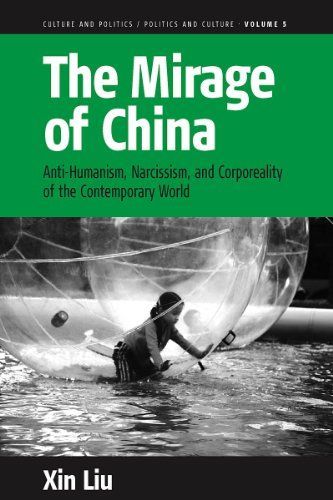
The Mirage of China Anti-humanism, Narcissism, and Corporeality of the Contemporary World
Today's world is one marked by the signs of digital capitalism and global capitalist expansion, and China is increasingly being integrated into this global system of production and consumption. As a result, China's immediate material impact is now felt almost everywhere in the world; however, the significance and process of this expansion is far from understood. As such, this study provides a response to the call for developing the project of an anthropology of modernity. It shows how the a priori categories of statistical reasoning came to be re-born and re-lived in the People's Republic - as essential conditions for the possibility of a new mode of knowledge and governance. From the ruins of the Maoist revolution China has risen through a mode of quantitative self-objectification. In the form of “a history of the present,” the author identifies an epistemological rift as having separated the Maoist years from the present age of the People's Republic, which appears on the global stage as a mirage. This is an ethnographic investigation of concepts - of the conceptual forces that have produced and been produced by - two forms of knowledge, life, and governance. As the author shows, the world of China, contrary to the common view, is not the Chinese world; it is a symptomatic moment of our world at the present time. It is less about a specific transformation but more about the general condition of possibility for being in the world - both within and without the People's Republic.